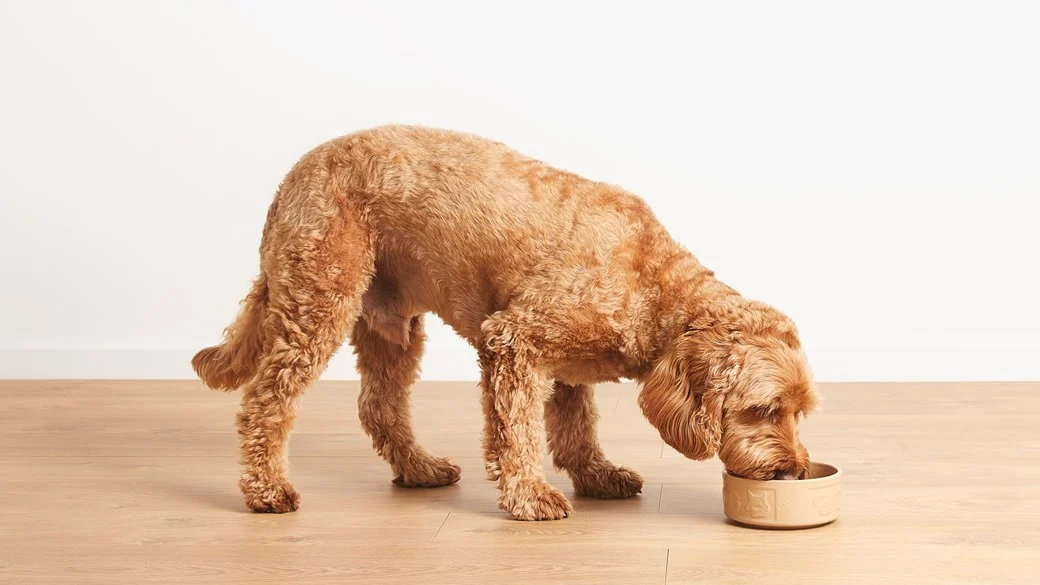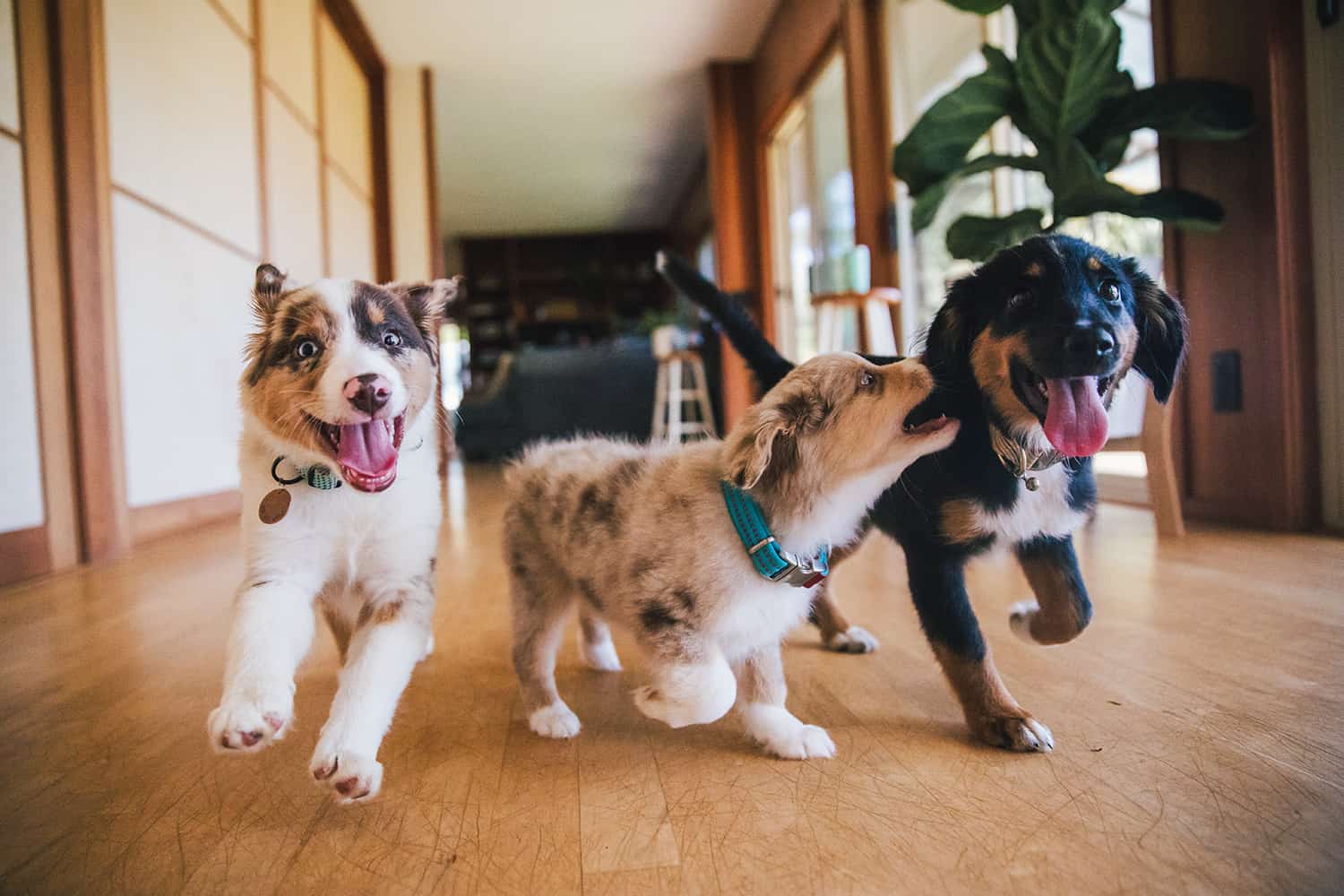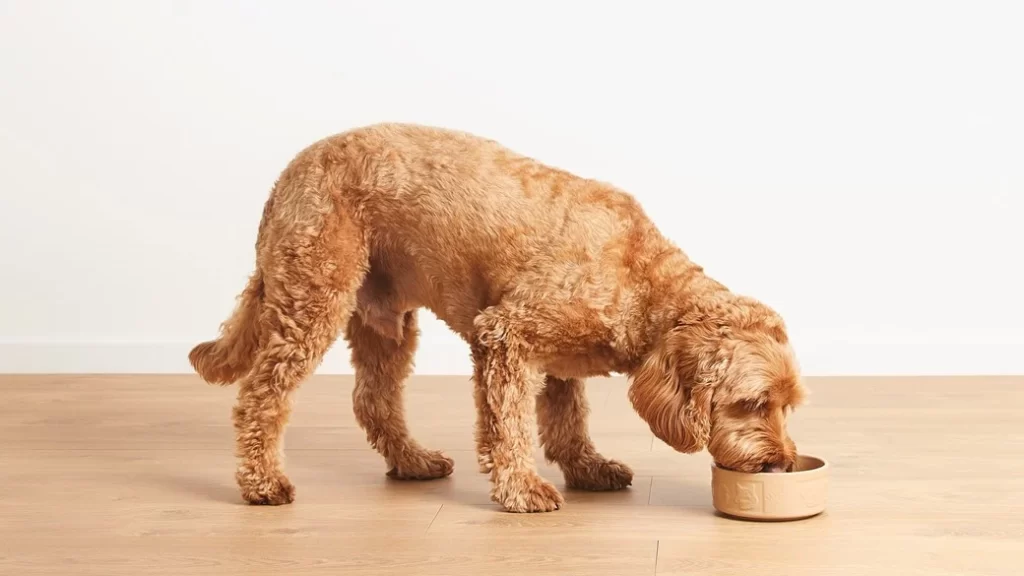Bringing home a puppy is one of the most exciting and joyful moments for any pet owner. The anticipation of watching your little bundle of fur grow, learn, and become a loyal companion fills every corner of your heart. However, alongside this joy comes a deep sense of responsibility. Puppies, much like babies, require constant attention, care, and guidance to develop into well-adjusted adult dogs. Understanding the journey from puppyhood to maturity is key to raising a happy, healthy dog. This guide provides everything you need to know to care for your puppy from the moment they enter your home to their adolescence and beyond.
Preparing Your Home for a Puppy
The first step in raising a puppy begins even before they arrive at your door. Preparing your home is crucial to ensure that your puppy’s introduction to their new environment is smooth and safe. Puppy-proofing your home involves securing any hazards such as electrical cords, small objects that can be swallowed, and toxic substances like household cleaners or certain plants. Additionally, creating a designated area, whether a crate or a puppy-proofed room, gives your new pet a safe place to retreat when they need rest. Alongside this, gathering essential supplies is necessary to make the transition comfortable. Items such as food and water bowls, a cozy bed, chew toys, grooming tools, and cleaning supplies for accidents will all be essential in the early days. Selecting the right puppy is also a decision that requires thought and preparation. Understanding your family’s lifestyle, the breed’s energy levels, and temperament can ensure a good match, helping your puppy integrate seamlessly into your life.
First Days at Home: Establishing Routines
Once your puppy has arrived, the next critical aspect is establishing routines. Puppies thrive on structure and predictability, so creating routines for feeding, play, and rest is key. Start by setting up a feeding schedule that matches the nutritional needs of your growing puppy. Consistency in meal times will help regulate your puppy’s digestion and make it easier to train them for toilet breaks.
Introducing your puppy to their new environment requires patience and care. The first few days can be overwhelming for a puppy as they adapt to new sights, sounds, and smells. To ease this process, allow your puppy time to explore at their own pace, and provide plenty of reassurance. Slowly exposing them to different rooms, family members, and other pets helps them feel more secure and confident in their new home.
Puppy Nutrition and Feeding
The foundation of a puppy’s growth and development lies in their nutrition. Feeding your puppy the right type of food ensures they receive the essential nutrients they need for their rapidly growing bodies. High-quality puppy food designed to support development is the best choice. It contains the right balance of proteins, fats, vitamins, and minerals that are vital for healthy bones, muscles, and brain function.

Equally important is knowing how much and how often to feed your puppy. Young puppies require frequent meals, typically three to four times a day, to keep up with their energy needs. As they grow, the frequency of meals can gradually reduce, transitioning to two meals a day by the time they reach adulthood. The process of transitioning from puppy food to adult dog food should be done gradually over time, ensuring your dog’s digestive system adjusts smoothly to the change in diet.
Basic Puppy Training
In conjunction with proper nutrition, early training plays an equally significant role in raising a well-mannered dog. Training should begin as soon as your puppy settles in, as this is when they are most receptive to learning. Early house training is often the first challenge new pet owners face. Establishing a potty routine and using crate training methods can help teach your puppy where and when it’s appropriate to relieve themselves.
Beyond house training, basic obedience commands such as sit, stay, and come are essential for your puppy’s safety and overall behavior. Positive reinforcement, through treats and praise, encourages good behavior and helps your puppy associate these commands with rewards. By laying the groundwork early, you’ll have a well-behaved dog who responds to your instructions, both at home and in public settings.
Socializing Your Puppy
While training focuses on teaching your puppy how to behave, socialization helps shape their personality and how they interact with the world. The early stages of a puppy’s life are crucial for socialization, as they learn to navigate new experiences. Introducing your puppy to a variety of environments, people, and animals will help them become more confident and well-adjusted as they grow.
Socialization should be a positive experience, where your puppy is gently exposed to new situations at their own pace. Over time, they’ll learn to cope with different scenarios, reducing the likelihood of fear-based reactions later in life. It’s also important to handle any challenges during socialization, such as nervousness or aggression, by remaining patient and encouraging positive interactions. Proper socialization is key to raising a well-rounded dog who feels comfortable in a variety of settings.
Puppy Health and Veterinary Care
As you nurture your puppy’s development through nutrition, training, and socialization, their physical health must also be a top priority. Regular veterinary checkups, starting from the first few weeks, ensure that your puppy stays on track with their vaccinations and receives essential preventive care. Vaccinations protect your puppy from serious diseases, while parasite prevention helps keep issues like fleas and worms at bay.
In addition to vaccinations, your veterinarian will discuss other health procedures such as spaying or neutering. These surgeries, typically performed around six months of age, not only prevent unwanted litters but also offer health and behavioral benefits. By working closely with your vet, you can stay informed about your puppy’s health and address any issues early on.
Exercise and Playtime
Just as important as their health, keeping your puppy physically active and mentally stimulated is vital for their overall well-being. Puppies are bundles of energy and need regular exercise to burn off that excess energy and stay fit. Playtime, in particular, is an essential part of their day. However, it’s important to balance play with adequate rest, as puppies tire easily and require plenty of sleep to grow.

Toys that stimulate your puppy’s mind are especially useful in keeping them entertained and preventing destructive behaviors. Interactive toys, puzzle feeders, and games like fetch not only satisfy their playful nature but also provide important mental exercise. Ensuring your puppy has a safe space to play, both indoors and outdoors, adds another layer of safety and structure to their day.
Puppy Grooming and Hygiene
Grooming is another key element of puppy care that begins early and continues throughout your dog’s life. Regular grooming not only keeps your puppy looking their best but also contributes to their health. Brushing their coat removes dead hair and prevents matting, while regular baths ensure their skin remains healthy and clean.
Other aspects of grooming include trimming their nails, which prevents discomfort or injury, and maintaining dental hygiene to avoid dental issues. Puppies need to become accustomed to grooming from a young age so they are comfortable with the process as they grow. Establishing a routine with brushing, bathing, and nail clipping will keep your puppy healthy and happy.
Teething and Chewing Behavior
During the first few months, your puppy will go through the teething phase, which often leads to chewing on everything in sight. Understanding this natural behavior is important in managing it effectively. Providing appropriate chew toys can help satisfy their need to chew without causing damage to your home or belongings.
Training your puppy to chew on designated items and discouraging them from chewing on furniture or shoes requires patience and consistency. Redirecting their attention to a toy whenever they start chewing on something inappropriate will help them learn what is acceptable. As they grow, the teething phase will pass, but the habits they form during this time can last a lifetime.
Raising a puppy is a rewarding yet challenging journey that requires commitment, patience, and love. From preparing your home and establishing routines to addressing health, training, and behavioral needs, each step you take sets the foundation for your puppy’s future. With the right care and attention, your puppy will grow into a well-adjusted adult dog, bringing you years of companionship and joy. By following this comprehensive guide, you can ensure that your puppy’s formative months are filled with the nurturing, guidance, and love they need to thrive.

After 5 years in a high pace business management role, I partnered with an e-commerce developer to start building Dog Supplies Warehouse.
Our number one goal is to make sure all products are managed and delivered to our customers door fast and accurately.

